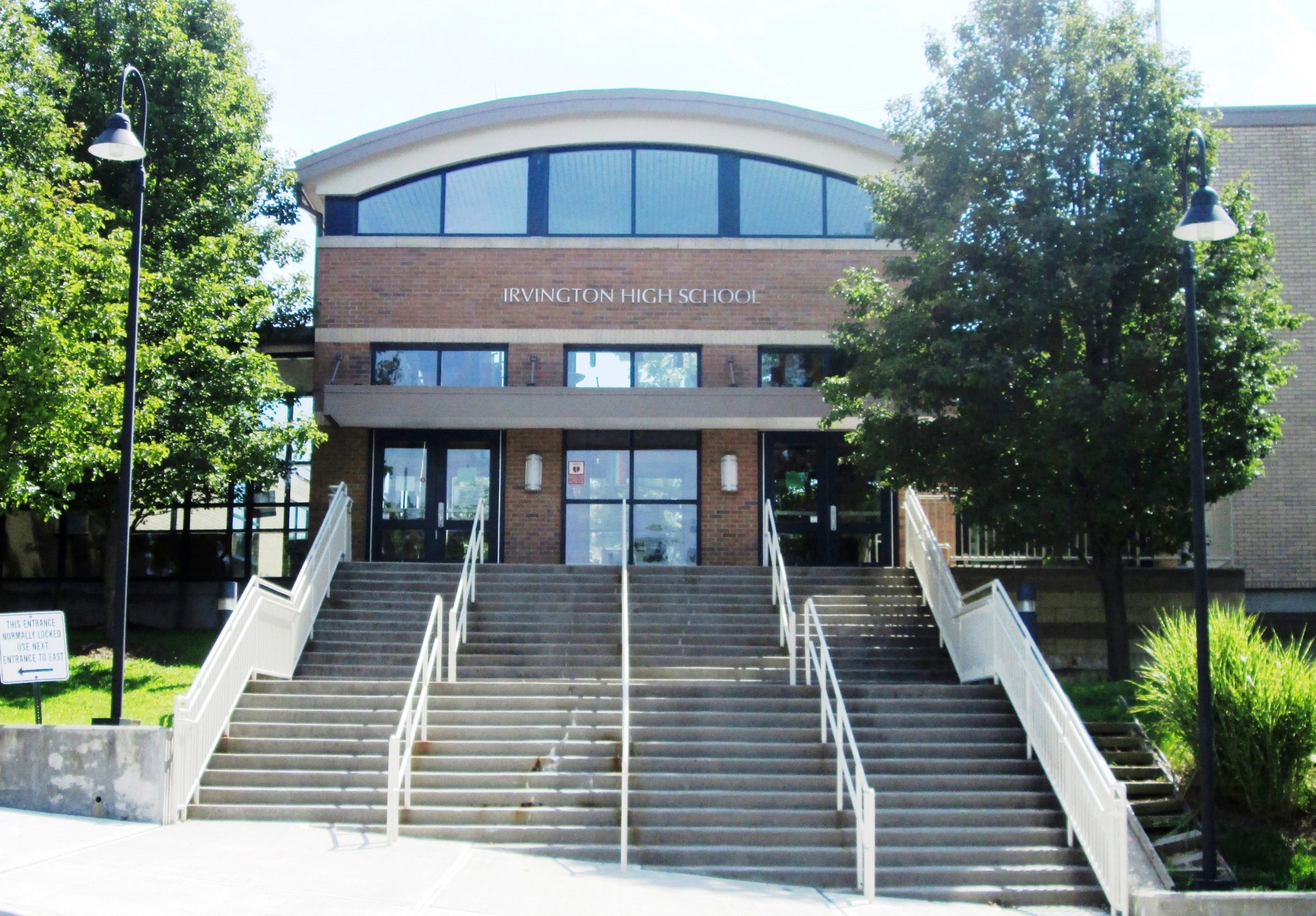Last week the Health Secretary accepted the decision of the UK Chief Medical Officers (CMOs) to start the vaccination roll-out for people aged 12-15 years old in Scotland. Beginning on Monday, 20th of September, the first dose of the Pfizer vaccine will be offered to young people. Jabs will be given in drop-in clinics and community centre facilities around Scotland, with plans to send out letters inviting each person in the age group to their vaccination appointment. In the future, vaccines might be offered in schools, especially in rural areas, to ensure equal access to the programme, allowing all 12-15 years olds to receive the jab if they want to.
Offering vaccinations to young people is another step in Scotland’s effort to reduce the spread of Covid infections. At the moment, almost 70% of the population are double-vaccinated. From the remaining third, 12-15s account for a significant part of it. At the same time, since the beginning of the school year in late August, the number of COVID cases has increased, more so than in August after clubs and bigger venues opened up. Consequently, offering jabs to the age group not previously included in the programme seems to be the most logical solution to avoid a further increase in infection rate and the potential tightening of restrictions in the future.
However, the general health concerns of the population are just one issue that brings the vaccination of 12-15s to such high importance. Quality of education among this age group suffered a fall over the past year due to prolonged lockdown and online classes. Even after reopening schools with in-person classes at the beginning of the term, the absenteeism rates remain high. For various reasons, either due to testing positive or being in contact with an infected individual, a number of students and staff members are being ordered to self-isolate, which further decreases the quality of education. Vaccination could offer safer work conditions in schools and ensure that the quality of in-person teaching meets everyone’s expectations, especially after such a long hiatus over the past few months.
Self-isolation can not only hinder proper education but also take a toll on a student’s mental health. 12-15s base their social life vastly around their school friends, and already being deprived of it for long enough, might not have a mental capacity to go through the process again. Prolonged isolation and increased rate of infection can also trigger Covid-related anxiety. Being vaccinated can soothe those concerns and ensure the lives of young people aren’t prone to too many further disruptions.
On various occasions, parental consent surrounding the new part of the vaccination programme raised a few concerns. 12-15-year-olds are still legally guarded by their parents or carers and will have to attend their vaccination appointment accompanied by one of them. However, those who can prove that they understand the health implications of the vaccine will be able to overrule the wishes of their parents or guardians. Teenage years are an important time for young people to start forming their own decisions, to understand their implications and consequences. A global issue, like the current pandemic, requires understanding that individuals’ actions have a wider significance. Parental consent might be a fair requirement to ask, still, it alone, without making sure teenagers see the importance of their actions for themselves and others, will miss the point of consensual decision-making. Only providing all the necessary information to young people and answering their further questions will lead to a consensual choice, based on facts about the importance of getting the jab.
Still, the question of how willing young people are to get the jab as soon as possible is another issue. A 15-year-old from Edinburgh expressed her eagerness to get the jab in the near future. Having already been forced to isolate twice due to being in contact with someone infected, she hopes she will not have to repeat this rather unpleasant experience.
“It’s definitely not something I think about all the time, but I guess it would be nice not to think about it at all.”
Although she has never been tested positive and does not express any major anxieties and concerns related to COVID, she still believes being vaccinated would make the present situation and everyday life easier.
On the other hand, her younger brother, a 13-year-old, even if sharing his sister’s thoughts on getting vaccinated, seemed less concerned about the significance of the whole situation, and the implications of the pandemic appeared less clear to him. At the end of the day, both of them will get their jab when they can. But the distinction between whether they do it with the full understanding of the implications of their actions or as a natural follow-up given that their parents are vaccinated is less clear.
At the end of the day, the fact that all age groups are getting vaccinated is more important than their reasons for getting it. The vaccine will work regardless of an individual’s personal agenda. Still, the vaccination programme for 12-15s can serve to teach them that their own actions can impact others and that an increasing number of cases should concern them as well, whether or not they are in the high-risk category.
Image via Wikimedia Commons

